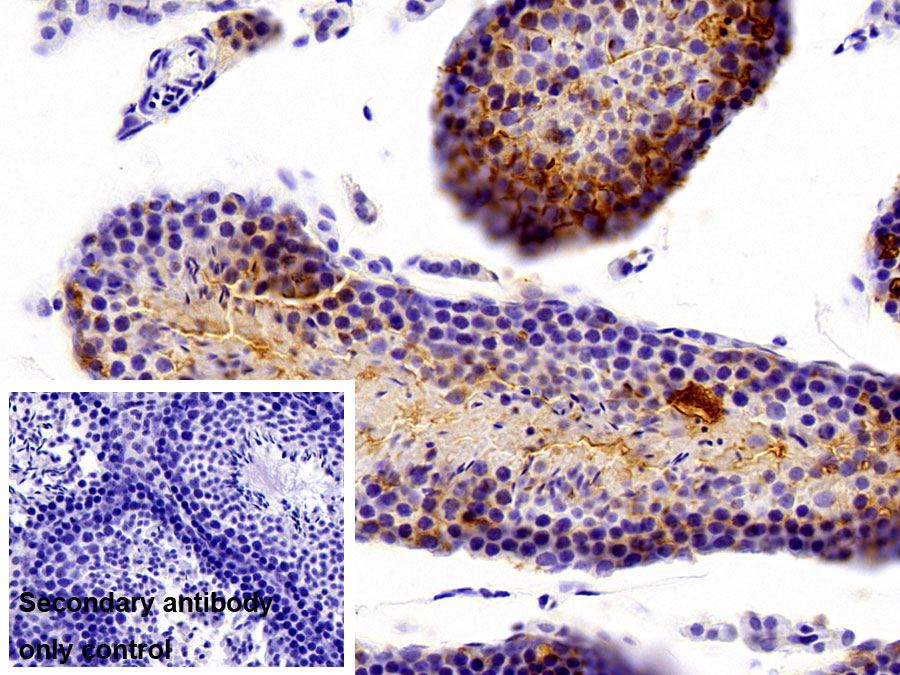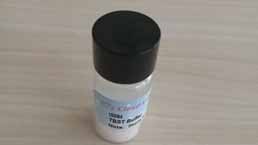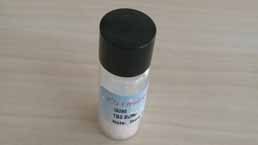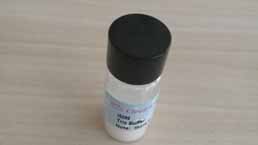Polyclonal Antibody to Heat Shock Protein 90 (HSP90) 

HtpG; Hsp-90 NTD; N-Terminal Domain
Overview
Properties
- Product No.PAA863Hu01
- Organism SpeciesHomo sapiens (Human) Same name, Different species.
- ApplicationsIHC
If the antibody is used in flow cytometry, please check FCM antibodies.
Research use only - DownloadInstruction Manual
- CategorySignal transductionInfection immunityHematologyDevelopmental science
- SourcePolyclonal antibody preparation, Host Rabbit
- Ig Type IgG, Potency n/a
- PurificationAntigen-specific affinity chromatography followed by Protein A affinity chromatography
- LabelNone
- Immunogen n/a
- Buffer Formulation0.01M PBS, pH7.4, containing 0.05% Proclin-300, 50% glycerol.
- TraitsLiquid, Concentration 0.37mg/mL
Sign into your account
Share a new citation as an author
Upload your experimental result
Review

Contact us
Please fill in the blank.
Specifity
The antibody is a rabbit polyclonal antibody raised against HSP90. It has been selected for its ability to recognize HSP90 in immunohistochemical staining and western blotting.
Usage
Immunohistochemistry: 5-20µg/mL
Optimal working dilutions must be determined by end user.
Storage
Store at 4°C for frequent use. Stored at -20°C in a manual defrost freezer for two year without detectable loss of activity. Avoid repeated freeze-thaw cycles.
Stability
The thermal stability is described by the loss rate. The loss rate was determined by accelerated thermal degradation test, that is, incubate the protein at 37°C for 48h, and no obvious degradation and precipitation were observed. The loss rate is less than 5% within the expiration date under appropriate storage condition.
Organism Species More: Mus musculus (Mouse)Giveaways
Increment services
Citations
- Concentraciones de proteínas de estrés térmico, L-arginina y dimetilarginina asimétrica en pacientes con síndrome de apnea obstructiva del suePubMed: 26055465
- Heat Shock Proteins,PubMed: 26055465
- Apigenin increases cisplatin inhibitory effects on the telomerase activity of triple negative breast cancer cells:
- PHYSIOLOGICAL ADAPTATIONS TO HEAT ACCLIMATION; REPERCUSSIONS ON CYCLING PERFORMANCE














